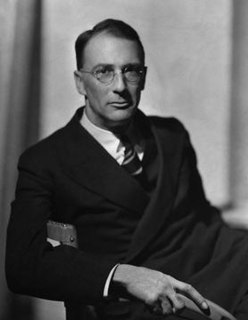Top 24 Quotes & Sayings by C. S. Forester
Explore popular quotes and sayings by an English novelist C. S. Forester.
Last updated on April 14, 2025.
Clairvoyant, Hornblower could foresee that in a year's time, the world would hardy remember the incident. In twenty years, it would be entirely forgotten. Yet those headless corpses up there in Muzillac; those shattered redcoats; those Frenchmen caught in the four-pounder's blast of canister -- they were as dead as if it had been a day in which history had been changed.























